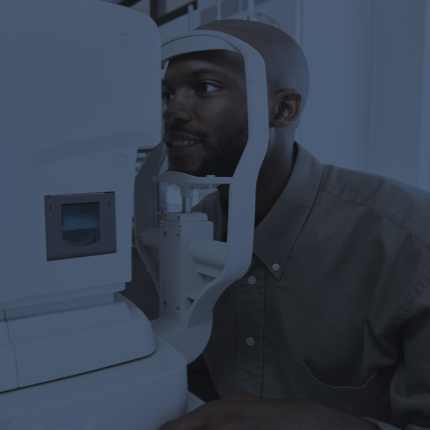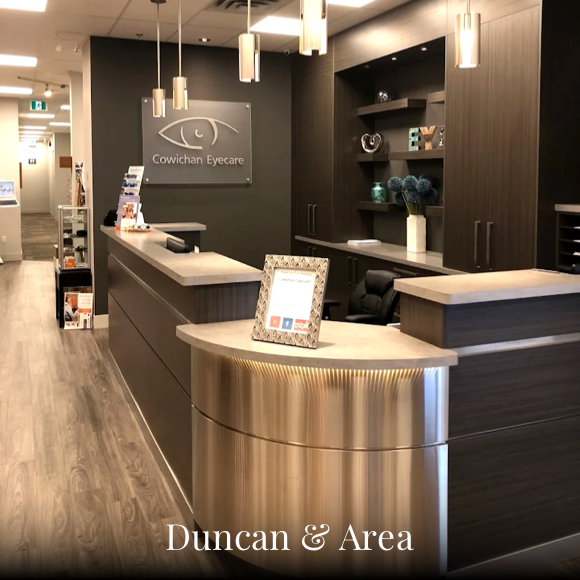Cataract surgery restores cloudy vision caused by cataracts—a condition that affects the lens of the eye. Like any medical procedure, surgery for cataracts comes with its own set of risks and potential downsides.
If you’re considering cataract surgery or are simply curious about the procedure, it’s important to be aware of both its benefits and possible disadvantages for your eye health. Though cataract surgery is generally safe and provides significant benefits to vision, some possible disadvantages include:
- Possible complications like infection, posterior capsule opacification, and vision changes
- Potential risks like reactions to anesthesia
- The chance of requiring a longer recovery period
- Cost
What are Cataracts?
Cataracts occur when the lens of the eye becomes clouded, impairing a person’s vision. This condition is most commonly associated with aging, but it can also arise from other factors such as diabetes, prolonged exposure to ultraviolet light, smoking, or injury.
The lens of the eye, which is normally clear, focuses light onto the retina to provide a sharp image. As cataracts develop, they scatter this light, preventing a clear and sharp image from forming. The result is blurry, dim, or yellowed vision.
Cataracts can develop slowly and initially have little effect on eyesight. Over time, however, they can significantly interfere with daily activities like reading and driving, making early detection and treatment essential.
What is Cataract Surgery?
Cataract surgery is a medical procedure designed to remove the clouded lens of the eye and replace it with a clear, artificial lens known as an intraocular lens (IOL). The surgery is typically performed on an outpatient basis and is one of the most common and successful procedures worldwide. It involves making a small incision in the eye, through which the surgeon uses ultrasound waves to break up and remove the cloudy lens.
Once the cataract is removed, the IOL is inserted into the same position. The new lens allows light to pass through without obstruction, significantly improving vision. Most patients experience a quick recovery, with many seeing clearly within a few days after the procedure. Cataract surgery not only restores vision, but it can also reduce dependency on glasses or contact lenses for some individuals.
Possible Complications
Though cataract surgery is generally safe and highly effective, complications can occur. These may include:
Infection and Inflammation
Postoperative infections are rare but possible. Symptoms might include redness, pain, or excessive tearing. Inflammation can also occur, requiring anti-inflammatory eye drops for management.
Posterior Capsule Opacification (PCO)
Also known as “secondary cataracts,” PCO can develop weeks, months, or even years post-surgery. It occurs when the lens capsule, which holds the artificial lens in place, becomes cloudy. Treatment involves a simple laser procedure called YAG laser capsulotomy.
Retinal Detachment
Although uncommon, retinal detachment is a more serious complication that can occur post-surgery. It happens when the retina separates from the back of the eye, leading to vision loss if not treated immediately.
Vision Changes and Glare
Some patients report slight changes in vision or increased sensitivity to glare following the procedure. Night driving can become challenging due to halos around lights.
Potential Risks to Consider
Anesthesia Reactions
While most cataract surgeries are performed under local anesthesia, there’s still a risk of reaction, especially in those with a history of allergies or adverse reactions to medications. Always discuss any concerns with your surgeon beforehand.
Unanticipated Visual Outcomes
Although cataract surgery is intended to improve vision, some patients might experience unexpected outcomes, such as astigmatism or the need for glasses post-operation. Customizing the surgery with advanced lenses can help mitigate these issues, but they may come at an additional cost.
Longer Recovery Period
Typically, cataract surgery recovery is swift, with patients resuming normal activities within a few days. However, some may experience prolonged recovery, requiring extended use of eye drops and follow-up visits.

Cost Considerations
While many insurance plans cover cataract surgery, there might be out-of-pocket costs associated with premium lenses or additional treatments such as laser-assisted surgery or specialized postoperative care. It’s important for patients to thoroughly discuss all potential financial implications with their healthcare provider or insurance representative during pre-surgical consultations.
Understanding these costs beforehand can help patients make informed decisions about their treatment options and avoid any unexpected expenses. Additionally, some clinics offer payment plans or financial assistance programs that may be worth exploring.
Weighing the Pros and Cons
Despite its disadvantages, cataract surgery remains one of the most successful procedures in modern medicine. The vast majority of patients achieve significant improvements in their quality of life. Still, it’s crucial for potential candidates to weigh these risks against potential benefits and make informed decisions.
Considering Cataract Surgery? Consult the Experts at Cowichan Eye Care
If you’re considering cataract surgery or have questions about eye care, seeking professional advice is a wise first step. At Cowichan Eye Care, we pride ourselves on offering personalized and comprehensive eye care services.
Whether you need guidance on the surgery itself, want to explore alternative treatments, or simply need an eye health checkup, our team of experienced professionals is here to assist you.
Visit Cowichan Eye Care to book an appointment with our knowledgeable staff and discover the options best tailored to your needs. Our passion is your vision, and we’re committed to helping you see well and live well.



















